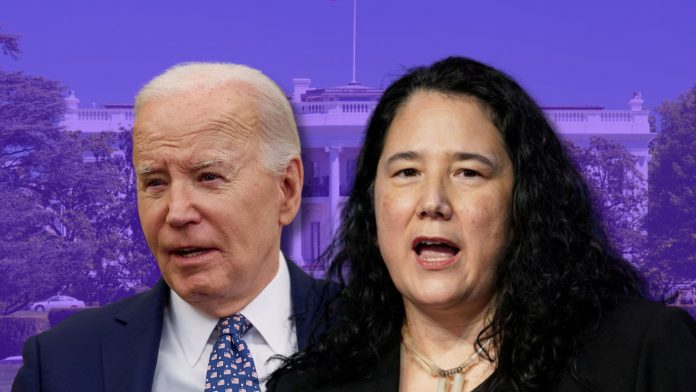U.S. Small Business Administration (SBA) chief Isabel Casillas Guzman praised the Biden Administration for its new fiscal budget, which she says will empower entrepreneurs and help sustain growth in the small business sector.
In a media release, Guzman highlighted the additional funds the SBA would receive through the new $7.3 trillion spending plan. “With the investments in the President’s Budget, the SBA will deepen its work serving the small businesses and innovative startups that drive that creation, our Nation’s economy, and global competition,” she stated.
The SBA provides a multitude of essential services for firms in the U.S. that lack significant resources and is a major provider of small business loans and grants. Under the Biden presidency, the agency has reported a “boom” in new business applications, with heavy increases in minority and woman entrepreneurship.
As part of the budget, the agency would receive more than $58 billion in lending and investment authority and increase loan sizes for certain small businesses. Guzman notes that these and other reforms included in the spending package would improve equity in capital access among startups, which have traditionally seen limited credit availability. President Biden’s spending plan would also give the SBA $20 million for community business training and counseling resources, $30 million for programs providing tools, services, and networking opportunities to entrepreneurs, and $15.5 million to connect veterans with business-related certifications.
In addition to its investments in the SBA, the White House’s new spending plan targets a variety of national issues, including the national deficit, which it aims to lower by $3 trillion through tax hikes on corporations and wealthy individuals, and unaffordable healthcare costs, which it would ease through investments in Medicaid and premium cuts. The budget also seeks to reintroduce child tax credits, lower prescription costs, and expand affordable housing.










